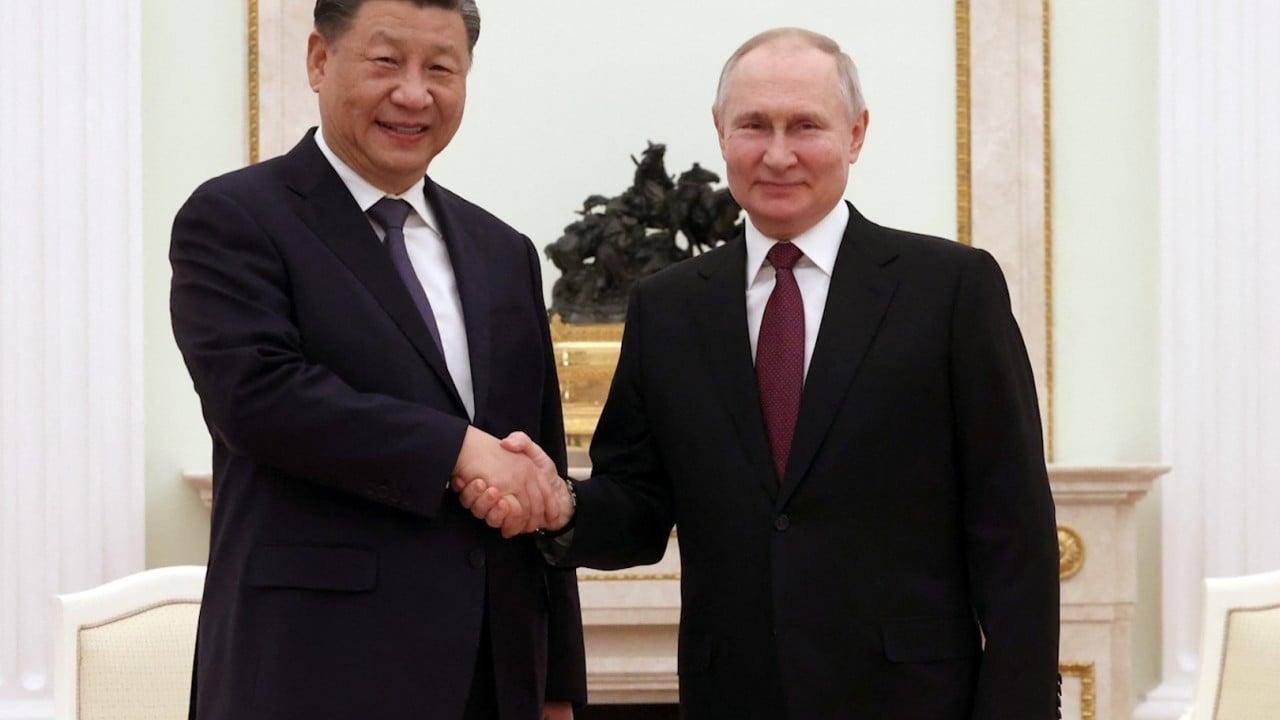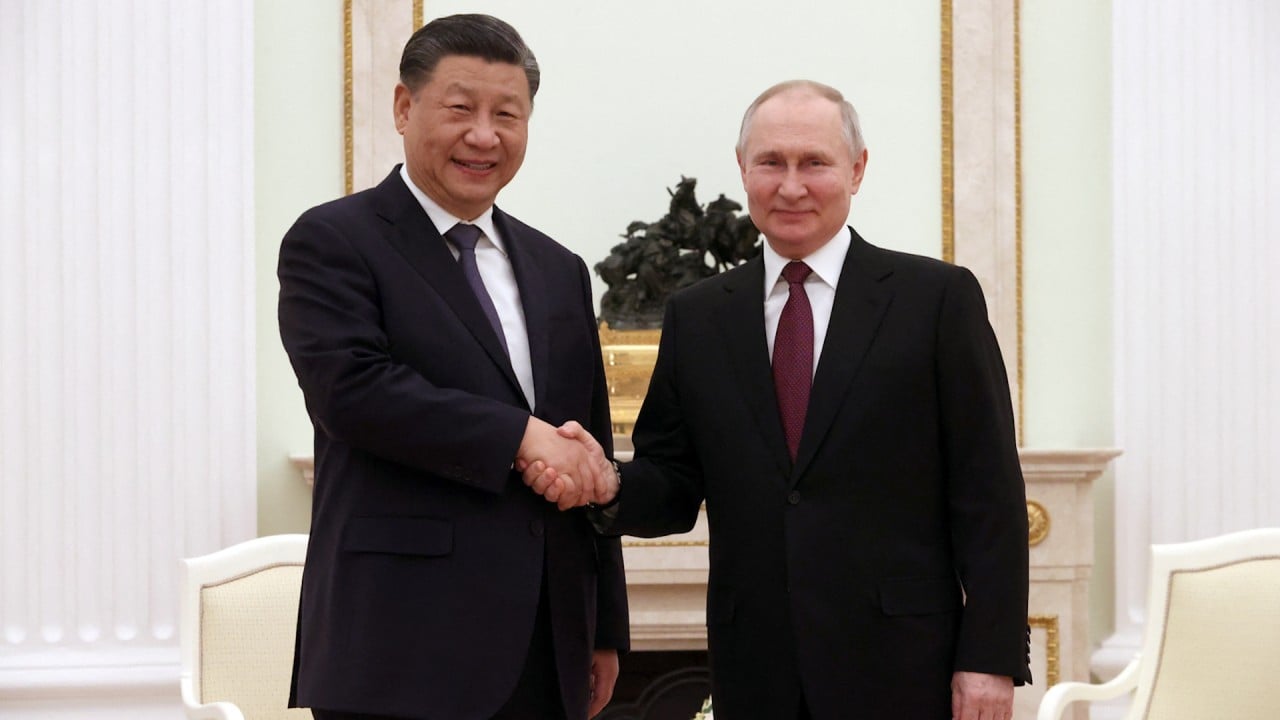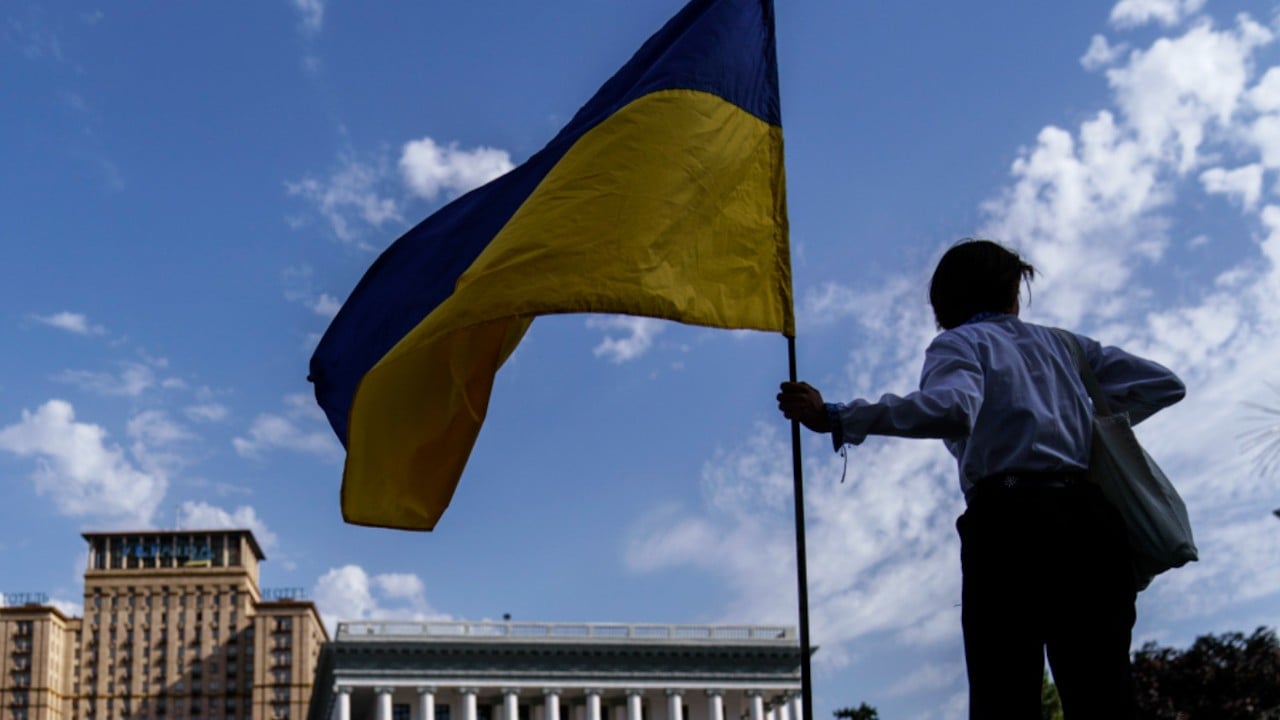
Its peace proposal, however, was widely seen in the West as pro-Russian because of its failure to condemn Moscow or to ask it to withdraw from Ukraine, despite Beijing’s claims of neutrality.
Tuesday’s joint statement condemned bloc confrontations, accusing the US and Nato of undermining the peace process.
China’s strong ties with Russia have further strained its relations with the United States and Europe over the past year. Washington accused Beijing of considering supplying lethal aids to Moscow, which China denies, while the EU is not convinced by China’s claims of neutrality.
Pang Zhongying, an international relations professor at Sichuan University, said China’s peace efforts were an attempt to reposition itself after last year’s declaration of a “no-limits” relationship with Russia drew criticism.
“China’s stance is clear. We’re standing with peace,” he said. “If China chooses to stand with Russia and helps it to fight Ukraine because it cannot defeat Ukraine, then obviously it is also not good for China’s relations with the US and Europe.”
Philippe Le Corre, a senior fellow at the Asia Society Policy Institute’s Centre for China Analysis, said China’s failure to condemn Russia has made it difficult for Europeans to trust its ability to mediate the conflict.
“If China is able to talk to both Putin and Zelensky simultaneously, that would be a good start,” he said.
“It is primarily a European war. That is why all contacts between Xi and European leaders should be closely monitored, including France and Germany but also the EU itself … A mediation orchestrated by China on Ukraine would be an immense surprise to everyone.
China’s brokering of a deal to restore diplomatic relations between Iran and Saudi Arabia was largely welcomed by the West, prompting questions about whether it could use its diplomatic influence in Ukraine.
China has also been under pressure by EU leaders to use its influence over Putin since the war began.
Wang Yiwei, an international relations professor at Renmin University in Beijing, said China is likely to face more pressure to act, with Xi expected to meet French President Emmanuel Macron and other EU leaders later this year.
Wang said China is realistic about what it can achieve in Ukraine, and does not expect an instant ceasefire but rather a consensus all sides can accept.
On Monday, US Secretary of State Antony Blinken called on Xi to work with Zelensky on the Ukrainian leader’s 10-point peace plan instead. Zelensky’s plan demands restoration of Ukraine’s borders with Russia, which last year announced the annexation of four provinces in eastern Ukraine following the 2014 annexation of Crimea.
But Wang said Xi would not raise “unrealistic demands” that will not be accepted by either Putin or Zelensky at this stage.
“Ukraine asks Russia to return its four provinces and Crimea, how is it possible for Russia? … Ukraine also will not accept Russia keeping its lands,” he said.
“The outcome of the war is not clear yet. It is impossible for China to stand with one side and oppose the other. It will also not raise some unrealistic demands about territories and troop withdrawal.”

